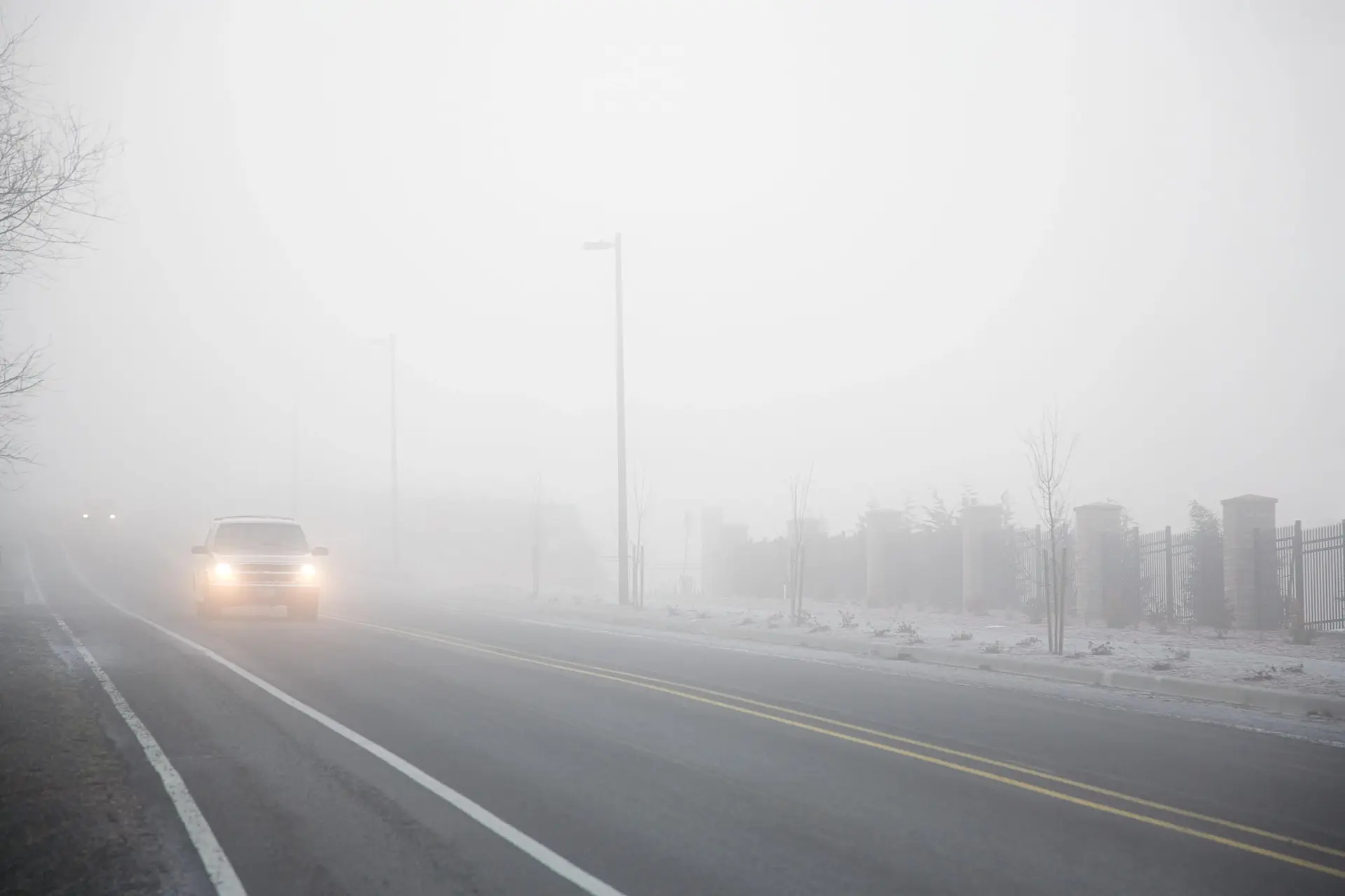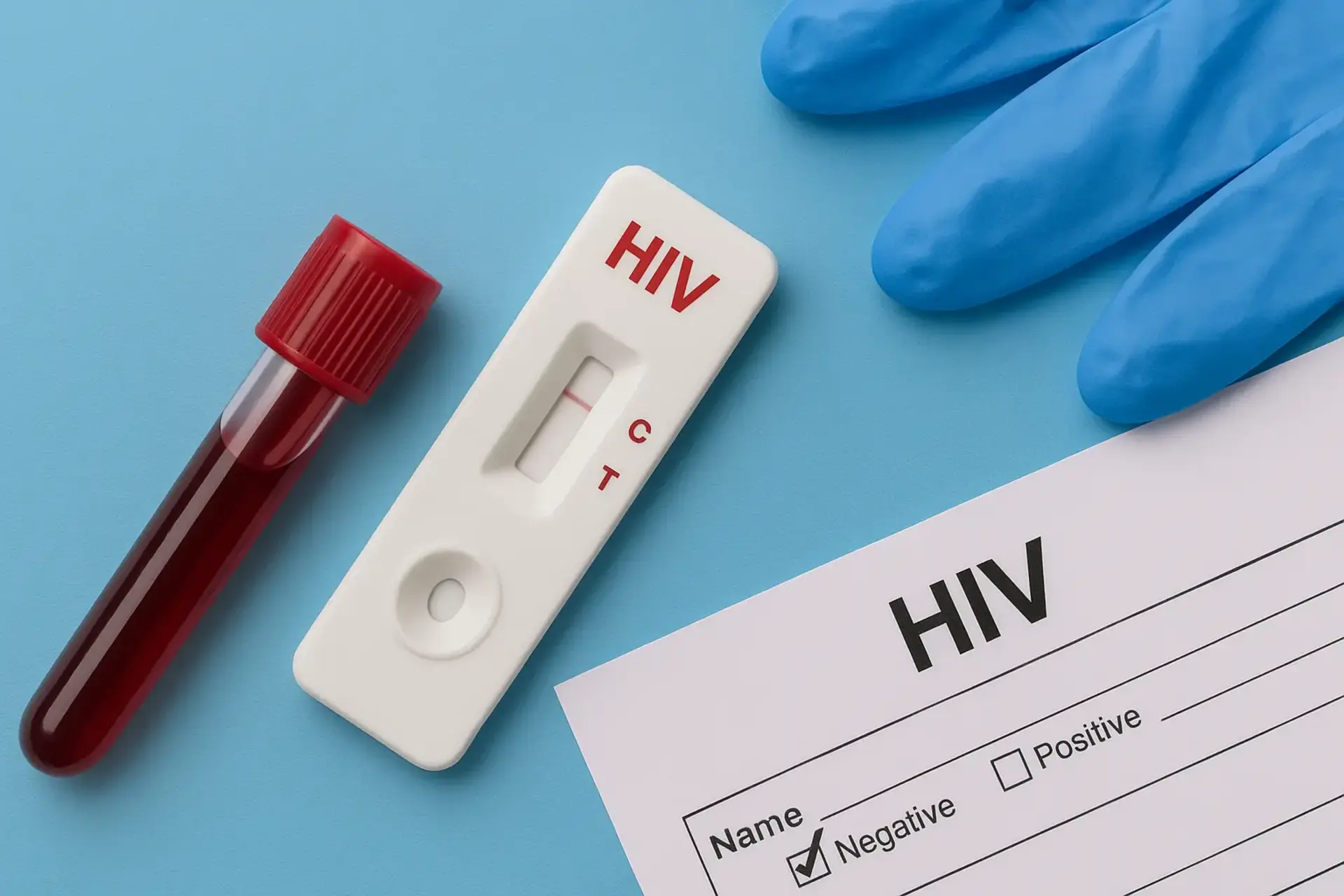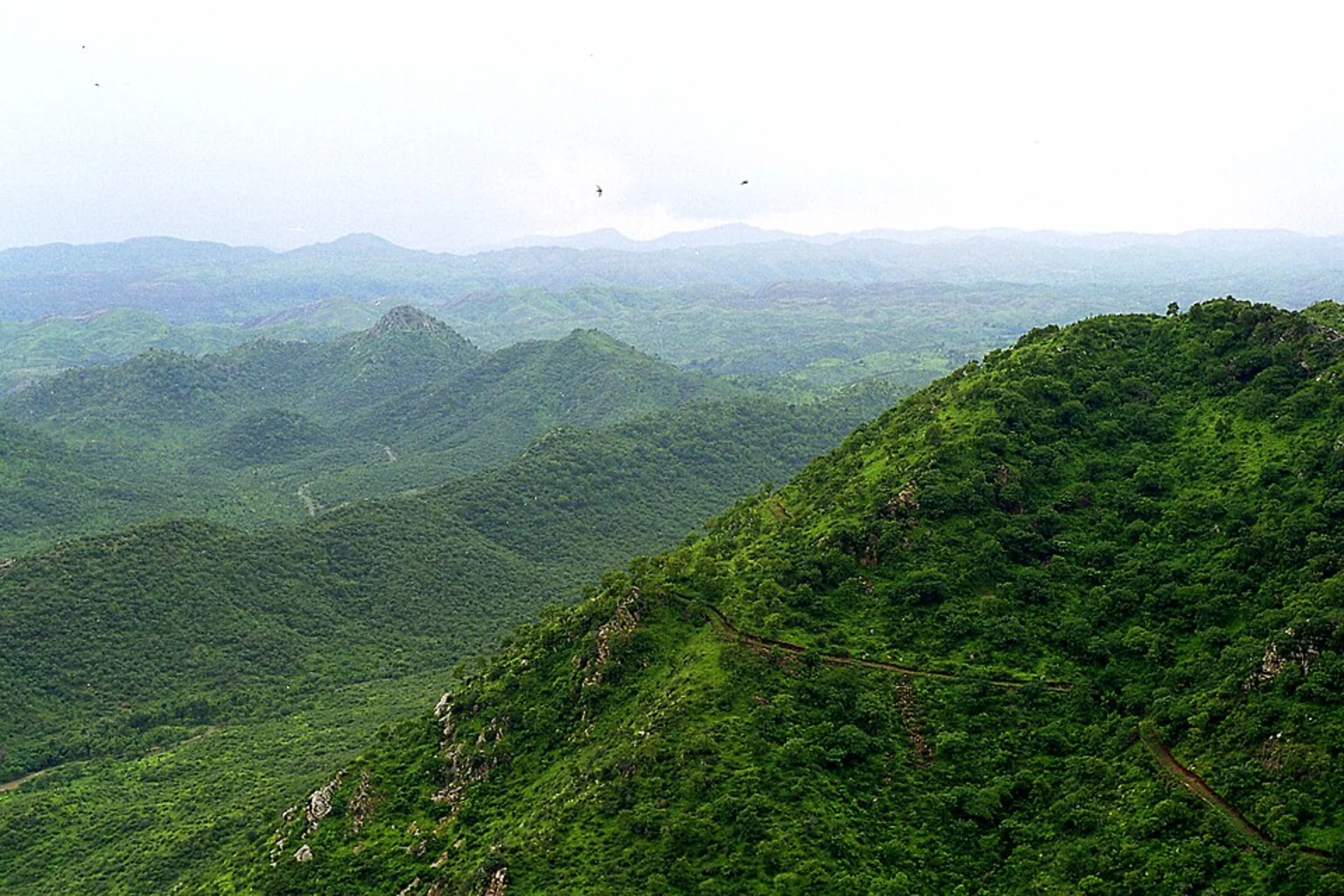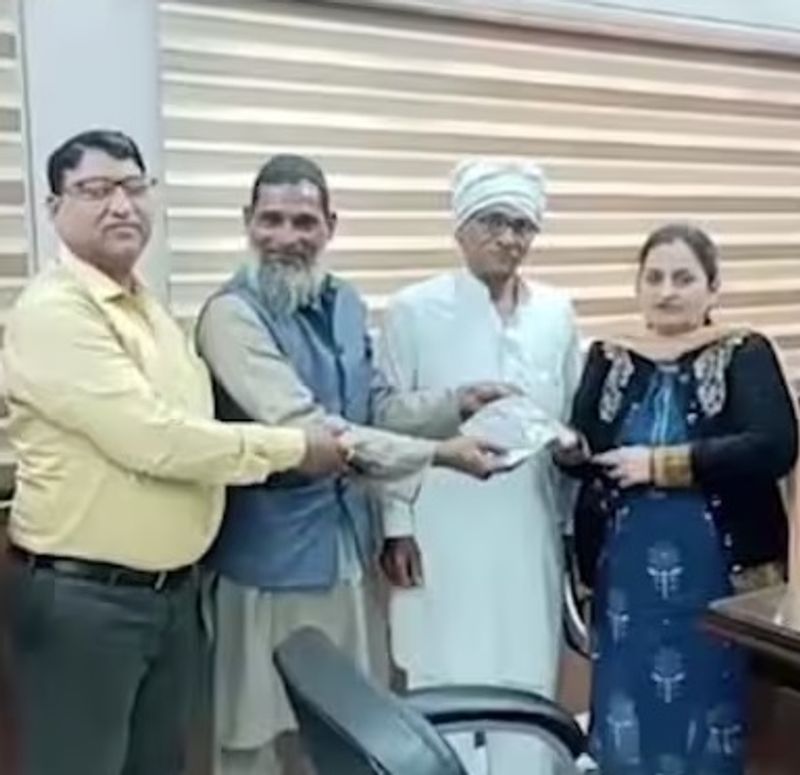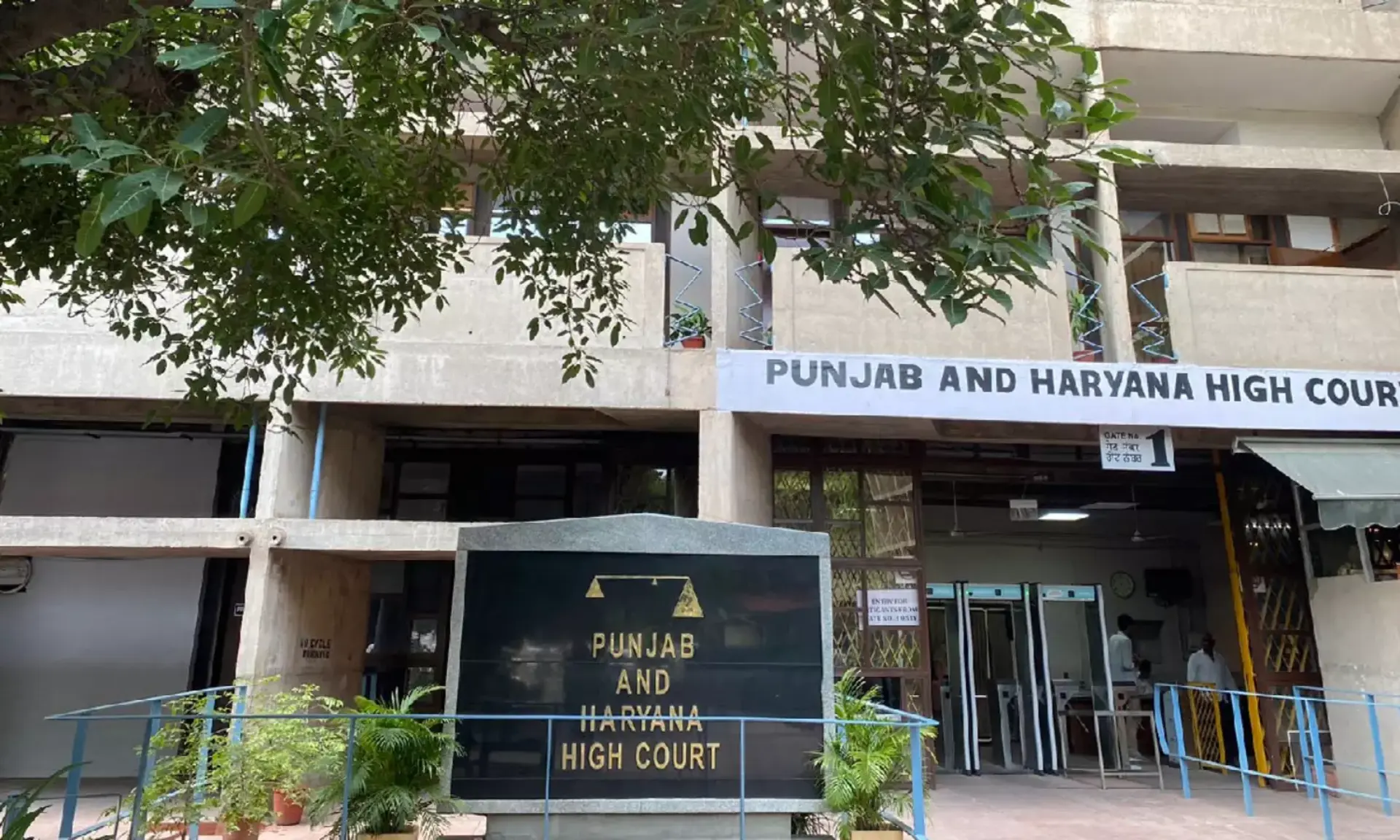
Haryana's plains are experiencing colder nights than the hill station of Shimla. Hisar has recorded a minimum temperature of 8.6°C, while Shimla stood at 9.2°C. Rohtak witnessed a significant drop of 3.7°C below normal, reaching 23.3°C. This unusual cold spell is attributed to snowfall and rainfall in the mountainous regions, directly impacting the plains.
Fog Alert Grips Ten Districts
The Meteorological Department has issued yellow alerts for dense fog across several districts. Ambala, Yamunanagar, Kurukshetra, Kaithal, Karnal, Sonipat, and Panipat are under fog alerts, while Fatehabad, Hisar, and Jind face warnings for particularly dense fog conditions. Weather experts predict further temperature drops in both day and night temperatures due to active western disturbances in the mountains.
Critical Air Quality Situation
The state's environmental challenges have intensified with seven cities featuring among India's top 10 most polluted cities. Four cities - Ballabhgarh, Jind, Panipat, and Sonepat - have recorded 'very poor' air quality indices, while 13 others, including major cities like Bhiwani, Kaithal, and Karnal, fall in the 'poor' category. The situation is particularly concerning as weather conditions trap pollutants near the ground level.
Farm Fires and Environmental Impact
Despite recording 53 fresh cases of stubble burning, bringing the season's total to 1,263, there's a notable decrease from last year's 2,262 cases during the same period. Environmental experts attribute the poor air quality to a combination of winter weather conditions, including low temperatures, calm winds, and temperature inversion, which trap pollutants near the ground.
The situation remains critical as authorities implement various measures including construction bans and industrial restrictions under the Graded Response Action Plan (GRAP). Regular water sprinkling is being conducted to combat air pollution, while experts continue to monitor the developing situation. The combination of severe cold and poor air quality poses significant health risks, particularly for vulnerable populations, making it crucial for residents to take necessary precautions.



